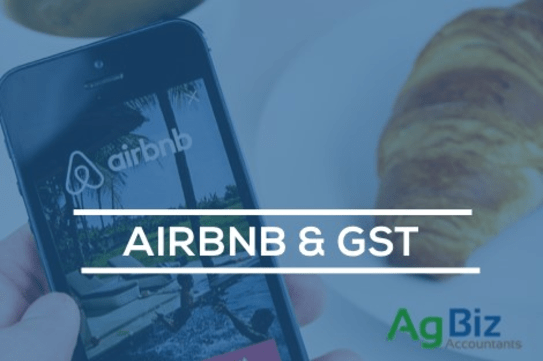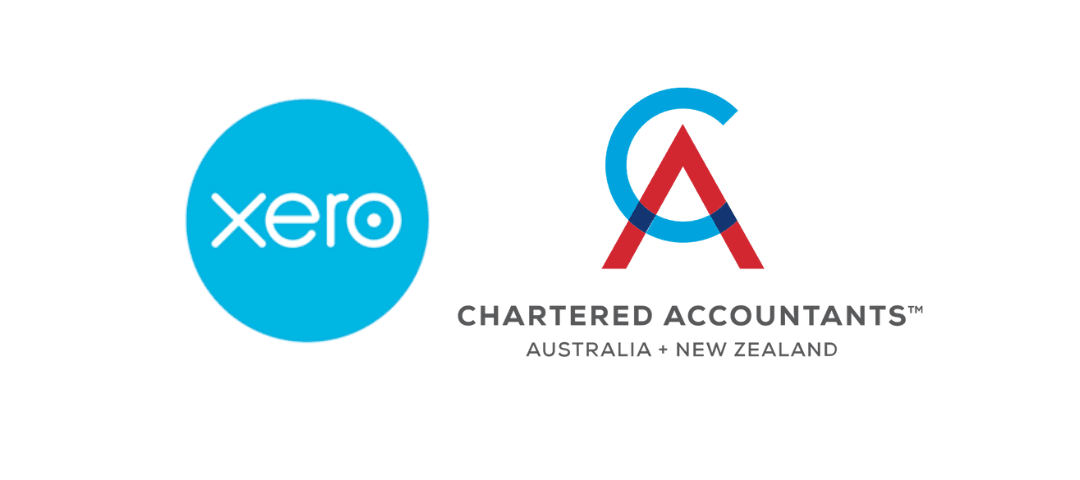A short-term holiday rental, Airbnb, Book-a-Bach (etc) activity, is considered a taxable activity for GST purposes. Therefore, the ordinary GST rules apply. GST registration is compulsory if your annual turnover (total rental income) exceeds $60,000. You can also voluntarily register for GST.
The GST rules for short-term holiday rentals is different from a residential rental property which is GST exempt.
In the examples below, we refer to GST being repaid on sale. This does depend on the GST status of the purchaser (which is normally outside of the vendors control). Property transactions between two GST registered parties, using the property for taxable supplies, will be GST zero rated.
Our aim is to provide you with knowledge to make the best decisions based on your individual circumstances and future intentions. This is complex and many ‘what-ifs’ are involved. Feel free to give Tim Doyle a call or email if you’d like any further details.
Background
We’ve outlined below the key GST implications to be aware of for Airbnb accommodation. Normal income tax rules will also apply.
- The examples we cover are:
- Airbnb in non-GST registered entity
- Airbnb in GST registered entity
- Claiming GST upfront on purchase of an Airbnb property
- Change from Airbnb to residential rental property or private use
1. Airbnb in non-GST registered entity
Provided your annual turnover is less than $60k pa, there is no need to register for GST. For most people with a single Airbnb property this will be the likely situation.
If you own multiple Airbnb properties, then the combined rental income is considered when assessing the $60k pa turnover threshold. Likewise, if the property is owned by a company (or another entity), and that company conducts another taxable activity (e.g. consulting), the combined income (consulting and rental income) is consider when assessing the $60k threshold.
GST issues can arise when there is a deemed GST registration due to exceeding the $60k annual turnover threshold.
This means that the whole property will be brought into the GST regime. Therefore, GST on a $575k property, ($75k of GST), will be claimed. This won’t all happen in one GST return, it will occur over time and depend on other factors such as duration owned prior to GST registration.
GST needs to be repaid if the property is sold. For example: If sold for $920k, then $120k of GST is to be repaid. The owner must pay GST on any capital gain.
2. Airbnb in GST registered entity
If an entity is already GST registered it means that any other ‘taxable activity’ conducted is automatically in the GST regime.
For example, a farm, owned by a GST registered company or trust: The farm owns a dwelling previously used for employee accommodation or residential rental accommodation (previously GST exempt). Similarly, a GST registered entity may also own a beach house previously used personally by the owners (previously GST exempt).
Now, the owners decide to rent the dwelling (or beach house) on Airbnb for short term accommodation (GST taxable activity).
As the entity is already registered for GST, by default, that dwelling is now captured under the GST regime, and a change in use adjustment (from GST exempt to taxable activity) is required.
Like the deemed GST registration above, the owner must start a change in use adjustment to claim the GST on the dwelling, and on sale would repay the GST to the IRD. Any capital gains on the value of the property would be subject to GST.
An Opt-Out Option?
If the short-term holiday rent has never exceeded $60k and is never expected to, there may be an “opt out” provision which can be considered. The Government realised that a lot of holiday home scenarios had unintended GST consequences. They have introduced an op-out provision that applies to some properties that were acquired before 1 April 2011. Careful consideration is needed for the opt out provision to apply and we recommend you contact us if you are in this position.
3. Claiming GST upfront on purchase of an Airbnb property
If you are purchasing a property for Airbnb from an unregistered vendor, you may be able to claim the GST upfront on the property purchase. A property purchased for $575k, may result in a $75k GST refund. This may assist cash flow by being able to utilise the GST refund.
This is allowed provided you are conducting a taxable activity (short term holiday accommodation) and it meets the GST definition criteria. In our experience, IRD will review a large GST refund and ask further questions, along with copies of documentations such as bank statements and the sale and purchase agreement.
Again, GST would need to be repaid on the sale of the property, or if the property activity was changed to use privately, or a residential rental property.
Careful consideration is needed if the property will also be used privately. For example, a GST registered beach property, used partly for Airbnb and part privately can complicate administration accounting and GST purposes depending on the number of nights rented, used privately and vacant. The private use, and vacant nights can have a material impact on any GST mixed use assets adjustments required (separate from a change in use adjustment).
4. Change from Airbnb to residential rental property or private use
If GST has been claimed upfront on the purchase of an Airbnb property (such as in the example in part 3), and the property is later changed to private use, or a residential rental property, a change in use GST adjustment is required.
This means that the GST previously claimed upfront on purchase (or from prior year change in use adjustments) needs to be repaid to the IRD.
Often this change in use adjustment requires GST to be paid back to IRD, however there is no cash flow to make these payments. This can be an unintended GST consequence of the situation.
Closing thoughts:
If you are conducting an Airbnb activity in a GST registered entity or thinking about registering for GST for a specific Airbnb type activity, be aware of unwanted change in use adjustments and potentially paying back GST to IRD without having cash flow to fund these payments.
This material has been prepared for informational purposes only, and is not intended to provide, and should not be relied on for, tax, legal or accounting advice. You should consult your own tax, legal and accounting advisors before engaging in any transaction.





